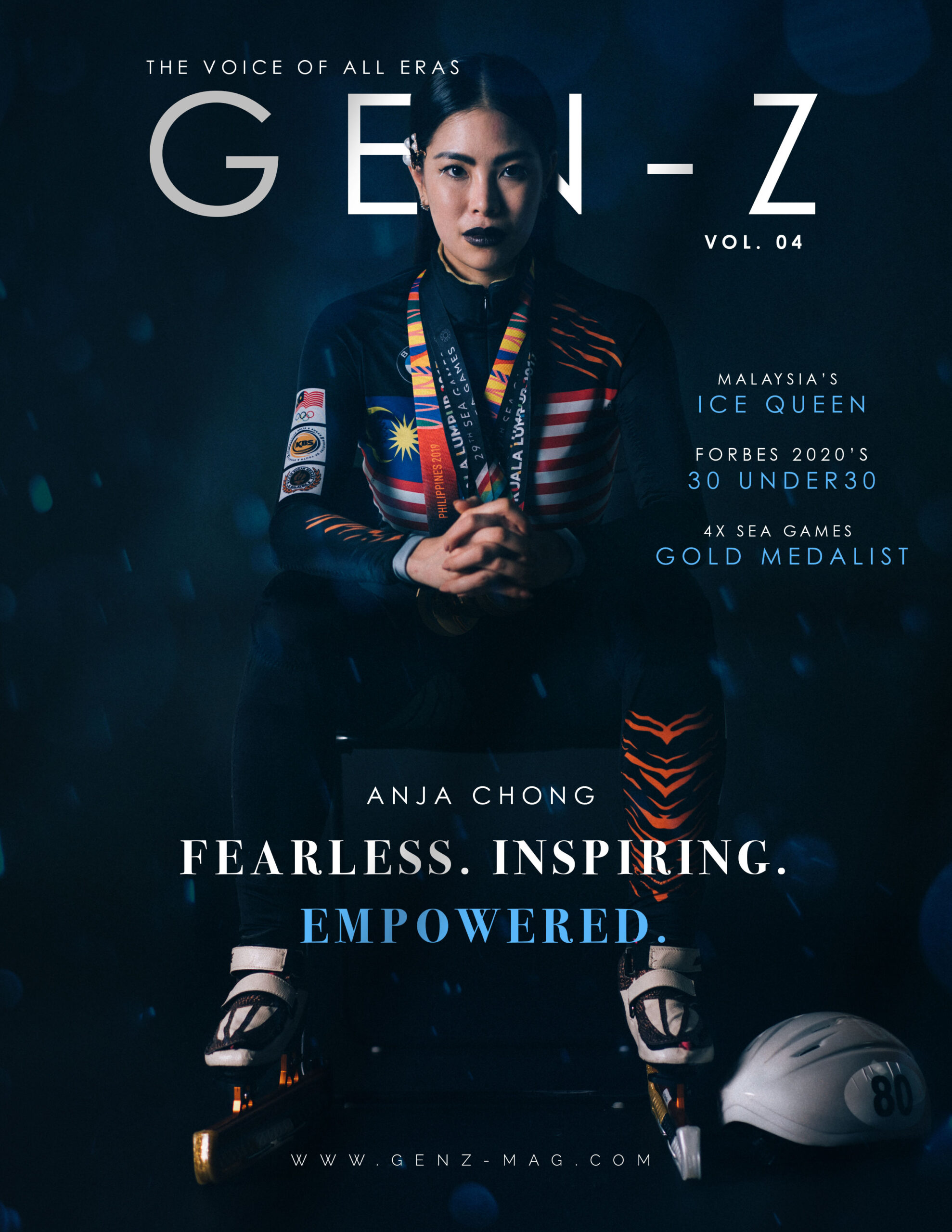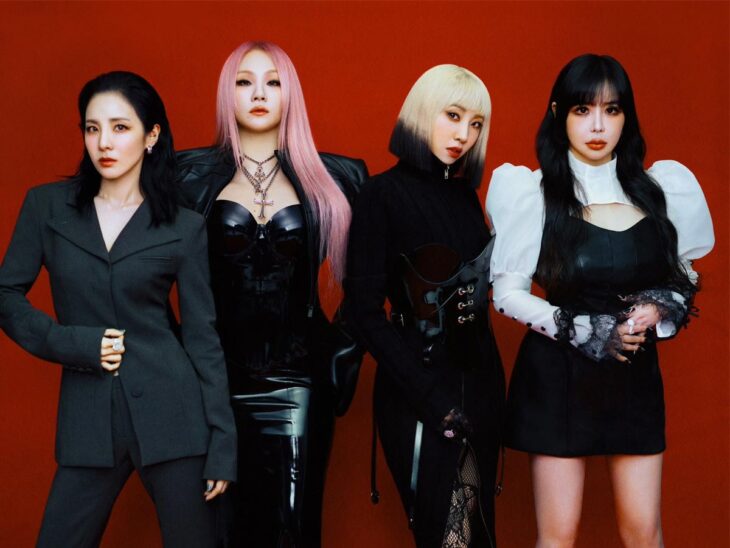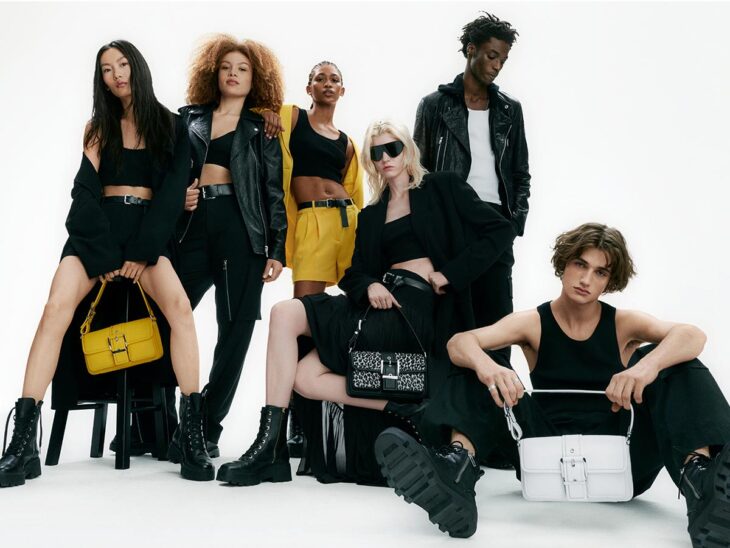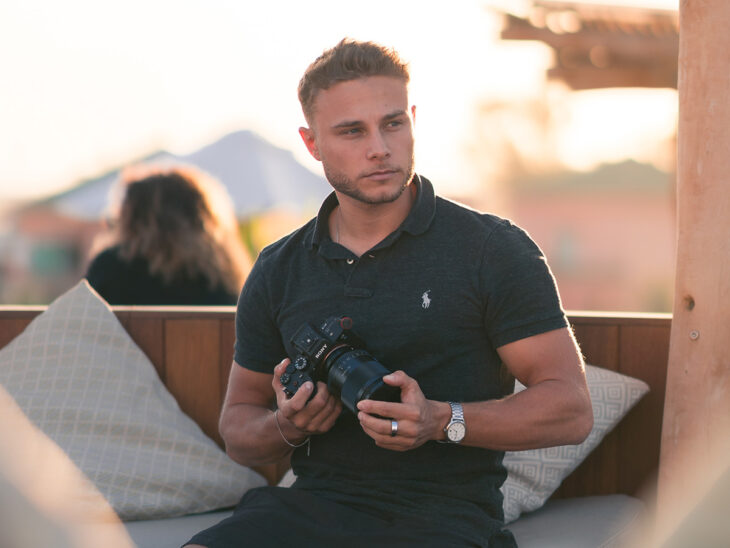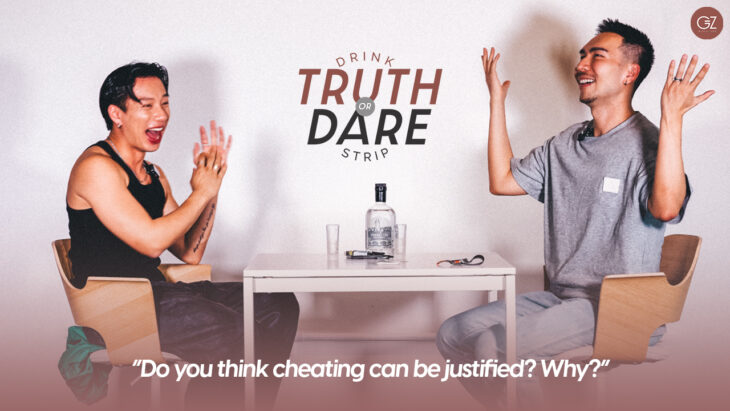As she enters the list of 2020’s Forbes 30 under 30; and achieves four SEA Games gold medals in a span of only three years, Anja Chong, 26, readies herself for yet another seismic shift in her life; a path towards an entrepreneurial world and a straightforward goal in raising the bar for women empowerment��cementing high-level support for gender equality; and amplifying the voice of those disenfranchised.
“This is so cool; everything looks just right!” Anja exclaims as she enthusiastically reviews the shots we took.
At this point in our shoot, we are on a rooftop of an industrial building. She’s wearing her SEA Games speed skating suit while sitting on an elevated concrete that supports the building’s HVAC unit. Everything is how we envision it to be, except for one thing�� the rain starts pouring!
Anja, however, poses gamely, even with the scattered showers from the open sky, she is in her full element. While I’m standing on the step ladder, meters away from where she is sitting, I can clearly see from my viewfinder her superfluous energy. I wonder if it’s the rain that inflates the adrenaline, the frequent thunders that almost go in sync with the beat of the shutter, or the suit she is wearing with pride. It surely is the latter, but it is only a couple of minutes later when we understand fully, that behind that suit, is a story worthy of any gold medals it concurrently achieves.

“The ice just felt like home.”
Like any other aspiring athlete, Anja’s winning is a record achievement. Receiving three SEA Games gold medals at her debut performance in 2017, followed by another gold medal in 2019, is never coincident. To some, it may be a beginner’s luck��such an inapt noun to use for a skilled athlete like her, who worked so hard and overcame hardships to achieve it��but in her case, it’s a result of accumulative years of experience.
“Skating and sports were very much my respite. It was my home when I was young,” muses Anja, who started figure skating at nine years old but eventually moved to short track speed skating. She shares how she had a tough time growing up and didn’t fit in; and in her own words, “The ice just felt like home.”
“It was somewhere that I could always come back to. I could always rely on it. When you put the work in, you will get a certain result. It was very reliable. I was in a world that I understood, that I was familiar with, that I could control. That was something that really helped me when I was young growing up where I didn’t feel like I fit in anywhere. I really felt like I belonged on the ice.”
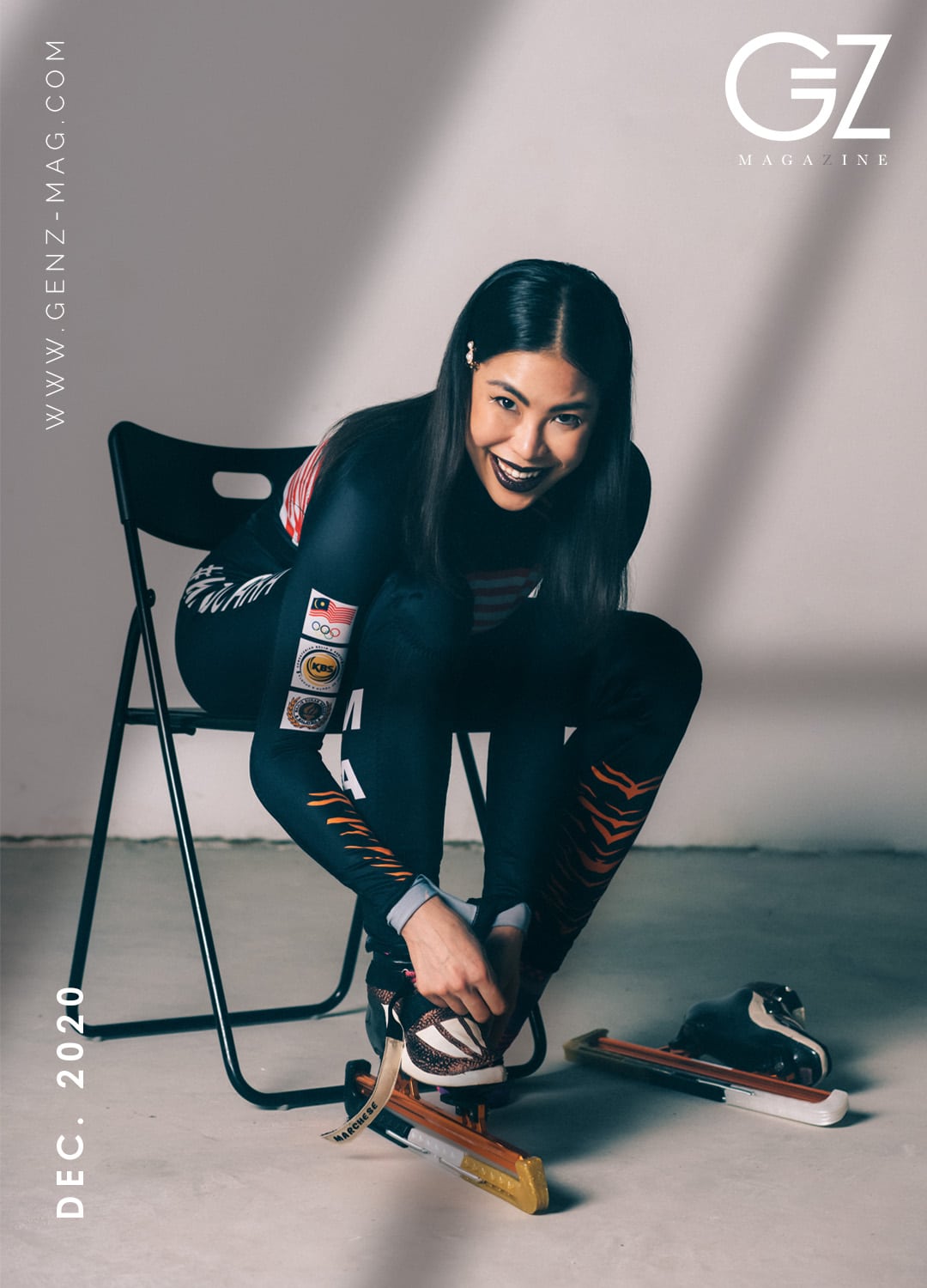
In most Asian families, extra-curricular activities always come second, and Anja was far immune from it. To her parents, academics takes priority. She was allowed to skate as long as she maintained her grades��and that was precisely what she did. In 2016, she obtained her Bachelor of Laws. LLB (Hons) from the University of Nottingham in the United Kingdom.
She recalls, “My parents were always like, ‘Look, if you have other dreams that you want to pursue, that’s great, but, at the end of the day, you know, you need something to fall back on.’ That’s why I went to law school, and then a week after my exam was finished, I was training to skate full-time.”
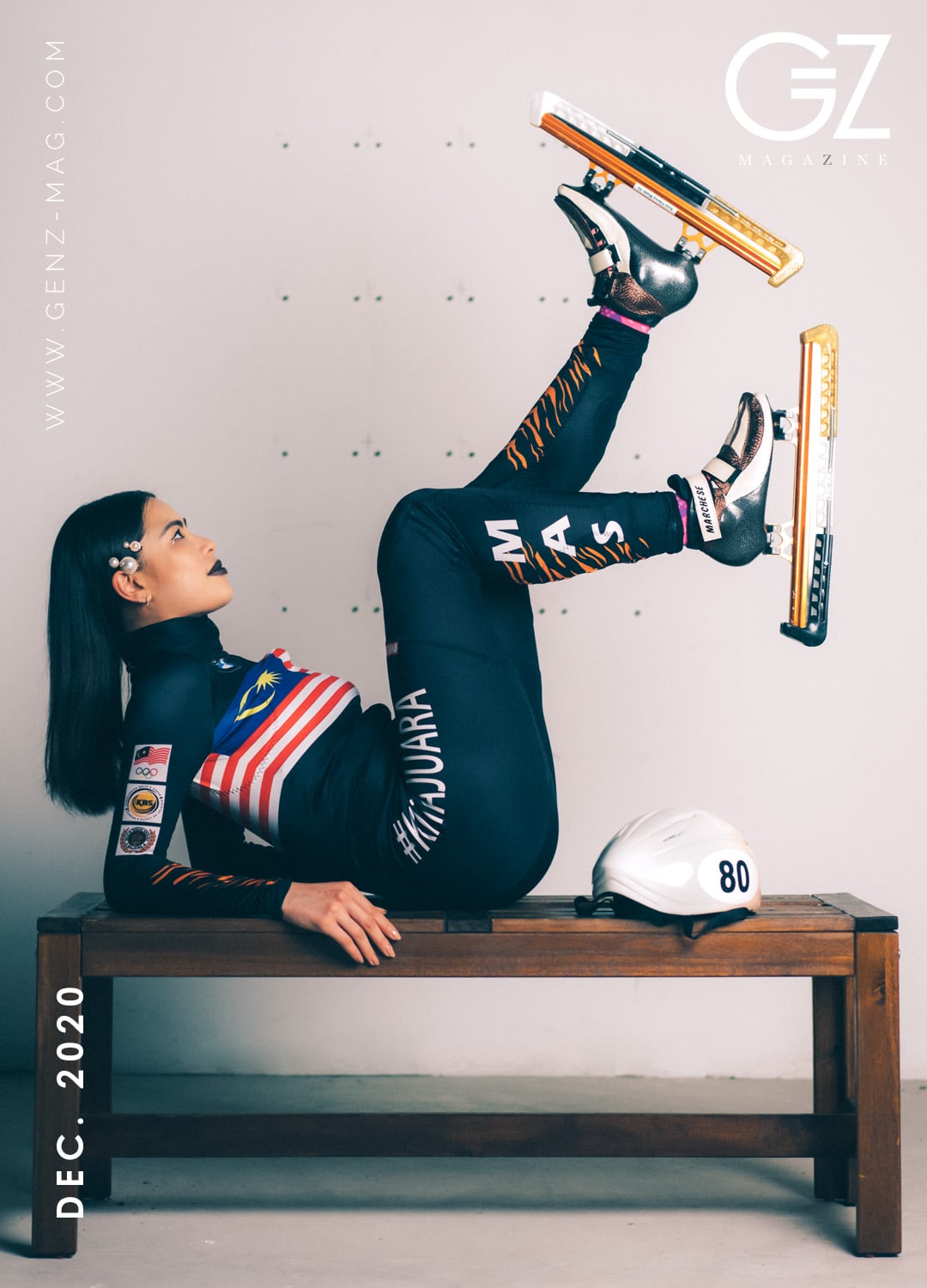
“Winning is not everything.”
Anja continues to answer the questions eloquently��just like a public speaker who communicates well and influences hearers, but who is neither intimidating nor declamatory. We are already inside a conference room; she’s facing the whole team who listens to her story while the heavy rain continues to pour outside. The walls are not enough to overpower the never-ending thunders, but Anja’s storytelling is too vivid to notice it. She’s still wearing her suit, and the energy remains.
I ask her to walk us through the very first moment she received her first gold medal.
“The first gold medal was really emotional for me because it was more than just the skating, and it was more than just a gold medal. It was so many other things that I kind of overcome to get that. There was actually this photo of me on the podium, I was tearing up; it was really emotional.”
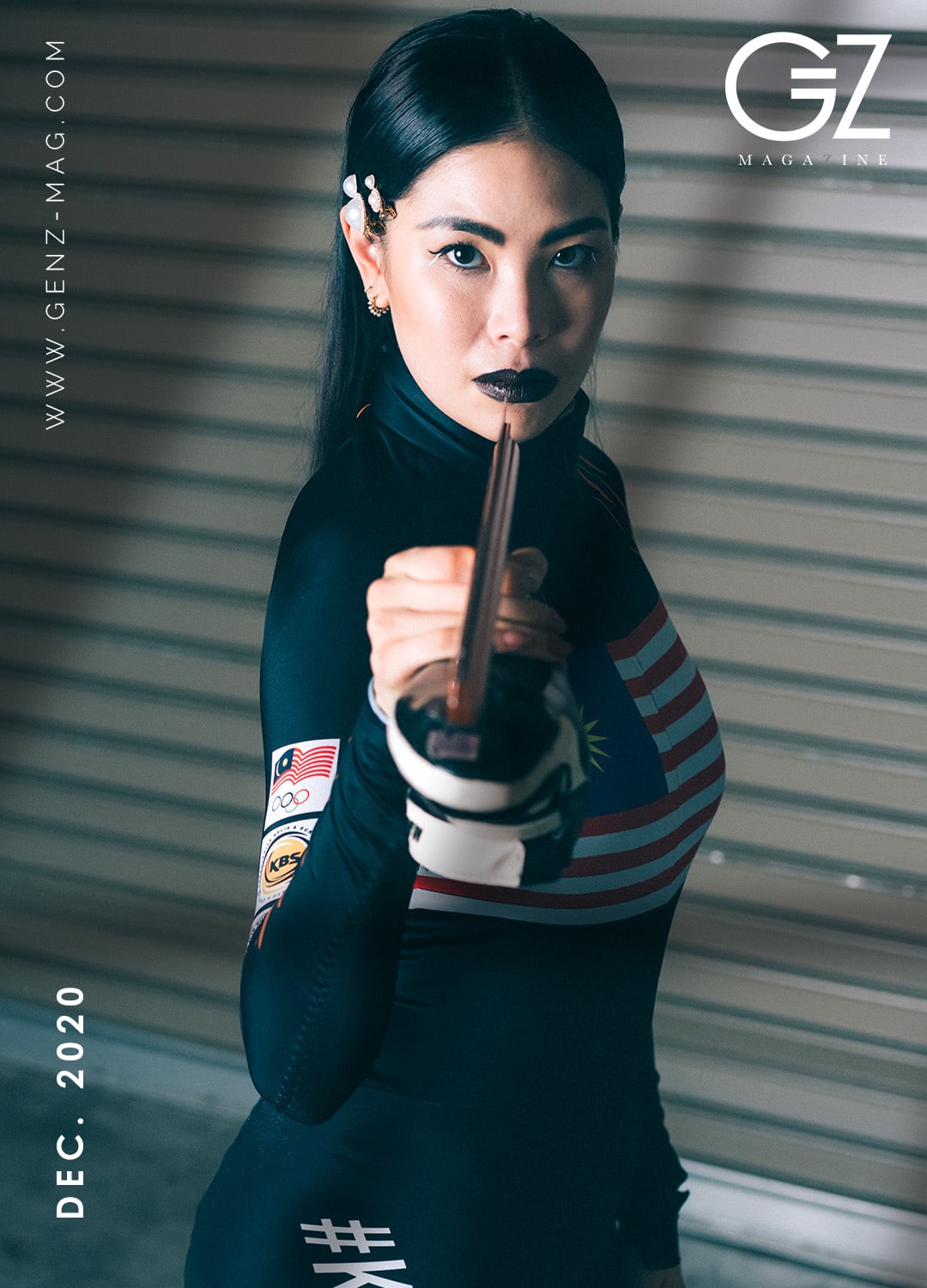
“There’s no way I’m going to let these people break me down. I’m not. Because that’s precisely what they’re trying to achieve.”
Anja’s first gold medals behind-the-scenes are noteworthy. She reveals that she hadn’t been on the ice rink for two weeks before the competition because of many political issues, several threats in the association, and issues with her coach, built up over the two-year course of full-time training in Korea. “It was a lot to process and a lot of emotional abuse,” to use her own words.
“I remember waking up that morning, and I was like, ‘Okay, I have a choice. I could either decide to let all these people win or prove them wrong,'” she recollects. “And in my head, I was like, ‘There’s no way I’m going to let these people break me down. I’m not. Because that’s precisely what they’re trying to achieve. So if I allow this to happen, I’m letting them get their way.'”
Her second SEA Games��the year when she didn’t get the same results as the first��was actually the best competition for her. That was the time when she realized that she’s in a privileged position where all her family, friends, and the people she loves are there to support her, and that’s all she needs regardless of the outcome.
“I didn’t get the results I wanted, but I love racing and competing,” Anja says. “[After the race,] everyone was really incredible. They got me a cake, and we had a party with music, and it’s just one of the best memories I’ve had. And I guess it just goes to show that a lot of people believe that winning is everything, but it really isn’t��there are so many things that are so much more important and beautiful than that.”
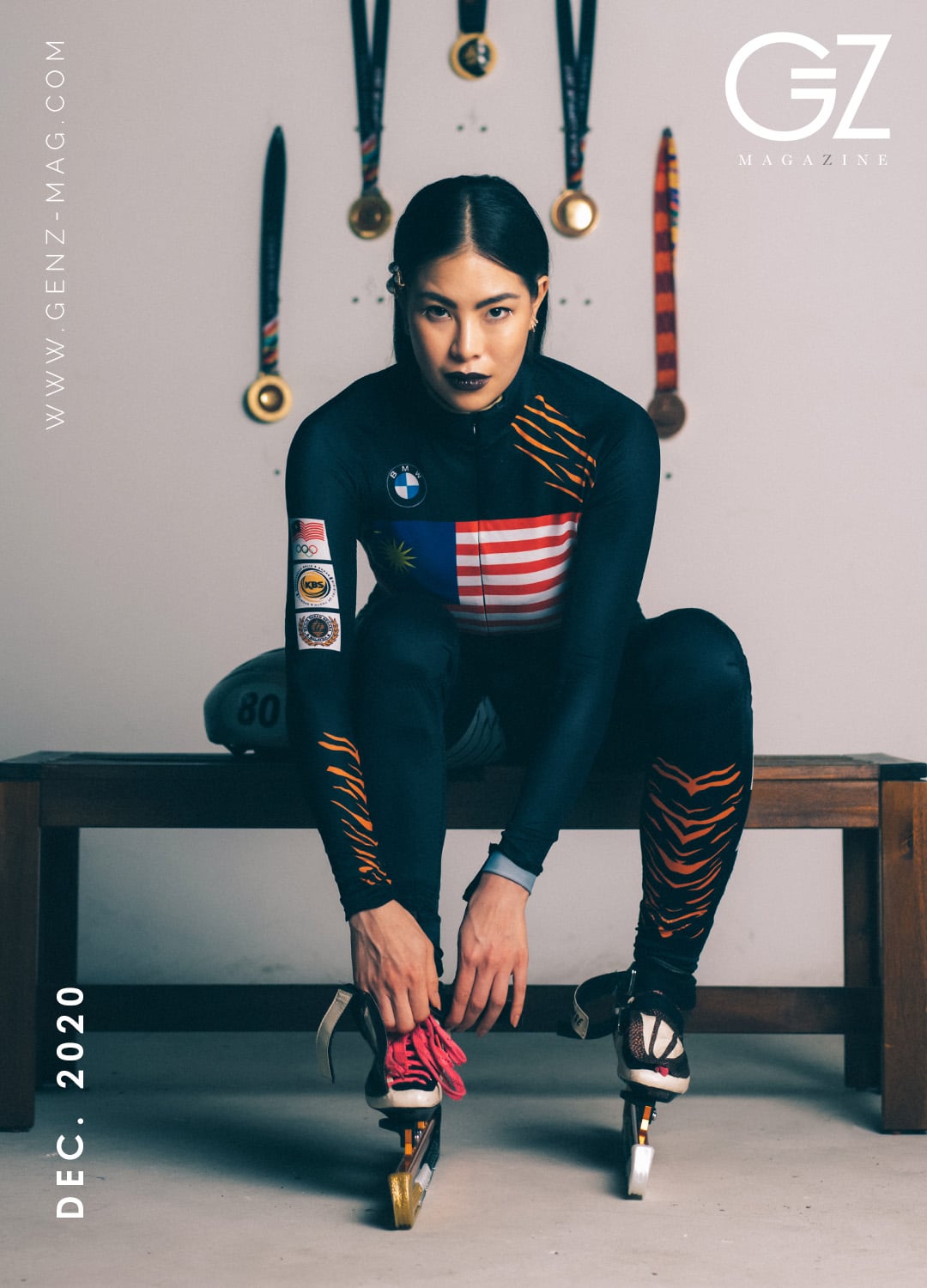
Anja towards supporting women
Like those athletes who continue to strive to enter the Olympics post-SEA Games, Anja, on the other hand, has different dreams other than sports. Aside from some issues with her physical health��chronic fatigue being one of them��the 26-year-old gold medalist is shifting her priorities towards a corporate career. She carries on to share her goal to be in a position where she can help lead and influence others, help to change the way people operate and how they function in their lives. Part of her life’s game plan is to be eligible to practice law, in which she is taking the bar next year and planning to do pro bono law supporting women.
As we proceed to discuss her advocacy in women empowerment, we realize that her passion and desire to help those who are unrightfully silenced are manifested naturally from her experience. Her tone suddenly shifts, letting out words carefully and clearly, making sure none of it will be left misunderstood.
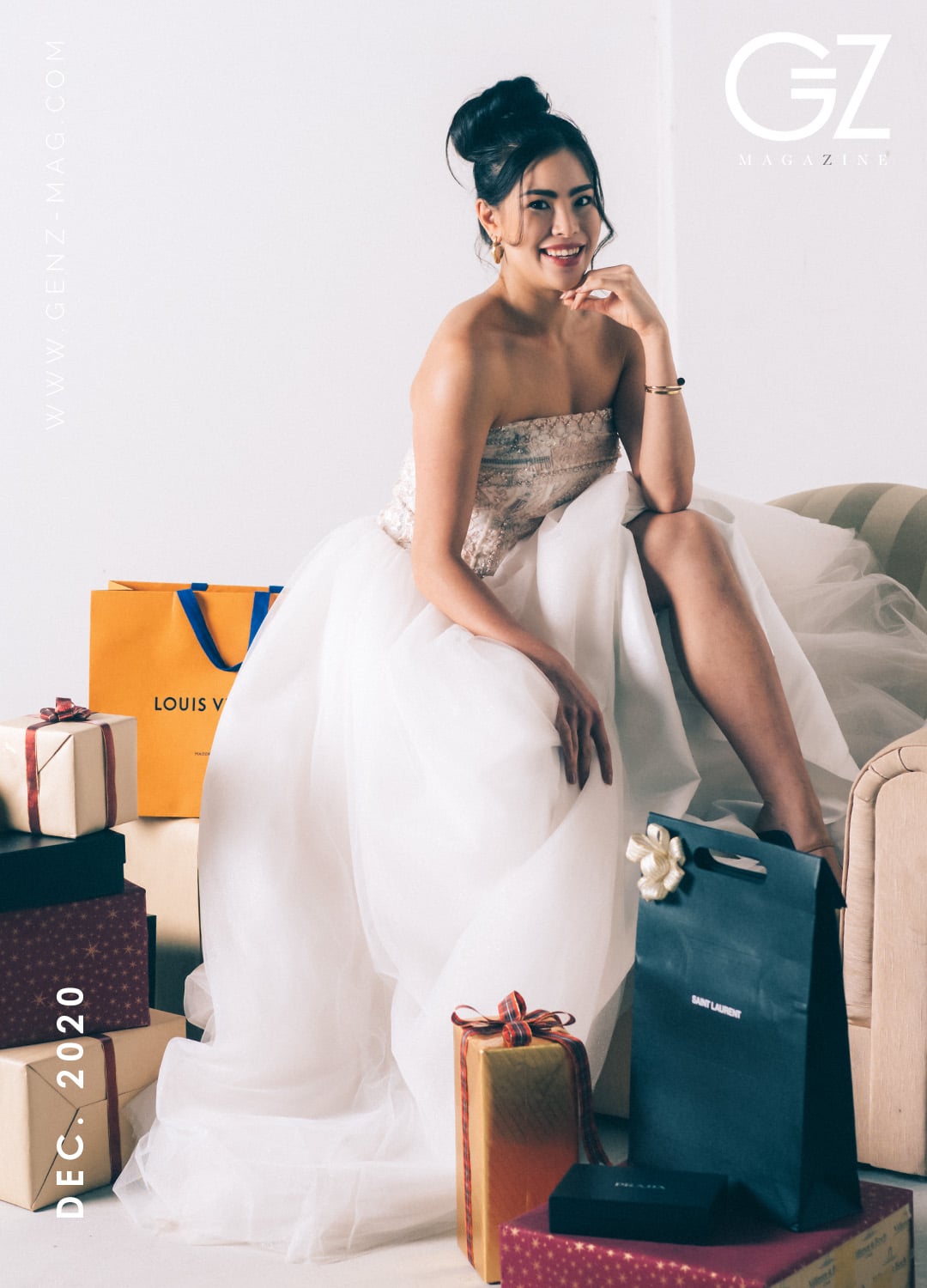
“I went through a lot of circumstances where that power was taken away from me. My voice is taken away from me,” she shares. “I was in a very patriarchal situation when I was training where I was told that women should be seen and not heard, don’t ask questions, don’t talk back and women shouldn’t have a voice. And also, when I was at university, I went through the situation…”
She stops while we remain all ears.
She then continues, “…where I was sexually assaulted. And it just really took my power away. And it just made me realize how easy it is for men in certain positions to take away a woman’s power. Whether that [power] is with mindset or being in a situation where they’re not financially able to support themselves, or whether that was through culture or society. And so I think all these things added up, and all the situations that have happened in my life sort of made me realize how much we still have to go.”
To be honest, that’s quite a self-disclosure you typically do not often hear from someone you just met. What made it more impactful was the braveness in her voice, the courage; not a single stutter chanced while sharing it.
“I went through a lot of circumstances where that power was taken away from me. My voice is taken away from me,”
“You are so brave to mention being sexually assaulted. Is this something you are not ashamed of sharing?” I asked. That question, however, doesn’t stem from curiosity, but is more on probing whether the personal revelation and the emotion I get alongside it, are right.
“I think people need to talk about it a lot more. You know, we live in an Asian society; it’s really taboo,” she explains. “People don’t understand how to talk about it; people don’t know the questions to ask. And I think it’s something that happens a lot more widely than people acknowledge. We need to understand how to support each other, men, women, and families; to speak to our children on both sides of the spectrum; I think the only way to get around it is to have more awareness and just have that conversation.”
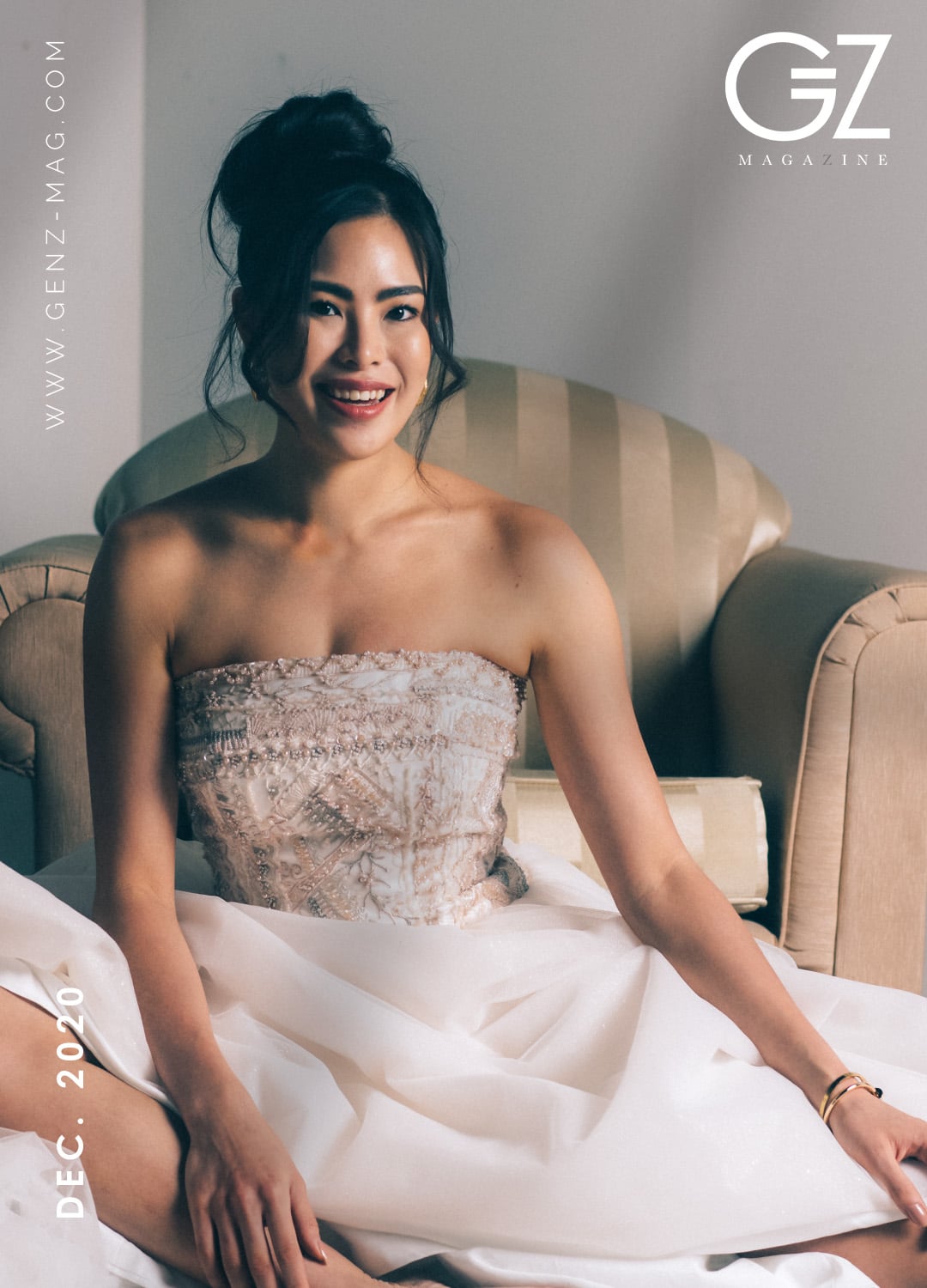
I ask again: where is that courage coming from?
“I remember when it first happened, it’s so easy for your self-worth, to just, you know, hit rock bottom, and it did, hundred percent. And then I just had this thought, ‘Look, if I allow this person to affect me, he’s going to have gotten what he wanted; he wanted to take away my power, right?’ And I wasn’t going to let him take away my power,” says Anja, sounding everything like the law graduate that she is. “Because at the end of the day, you can’t choose your circumstances in your situation, but you can choose how you react to them, the emotions and feelings you put onto those situations. So I decided that I wouldn’t let somebody else tell me how I was going to feel or think about a certain thing. I wouldn’t allow that to happen because I was stronger than that.”
“…at the end of the day, you can’t choose your circumstances in your situation, but you can choose how you react to them…”
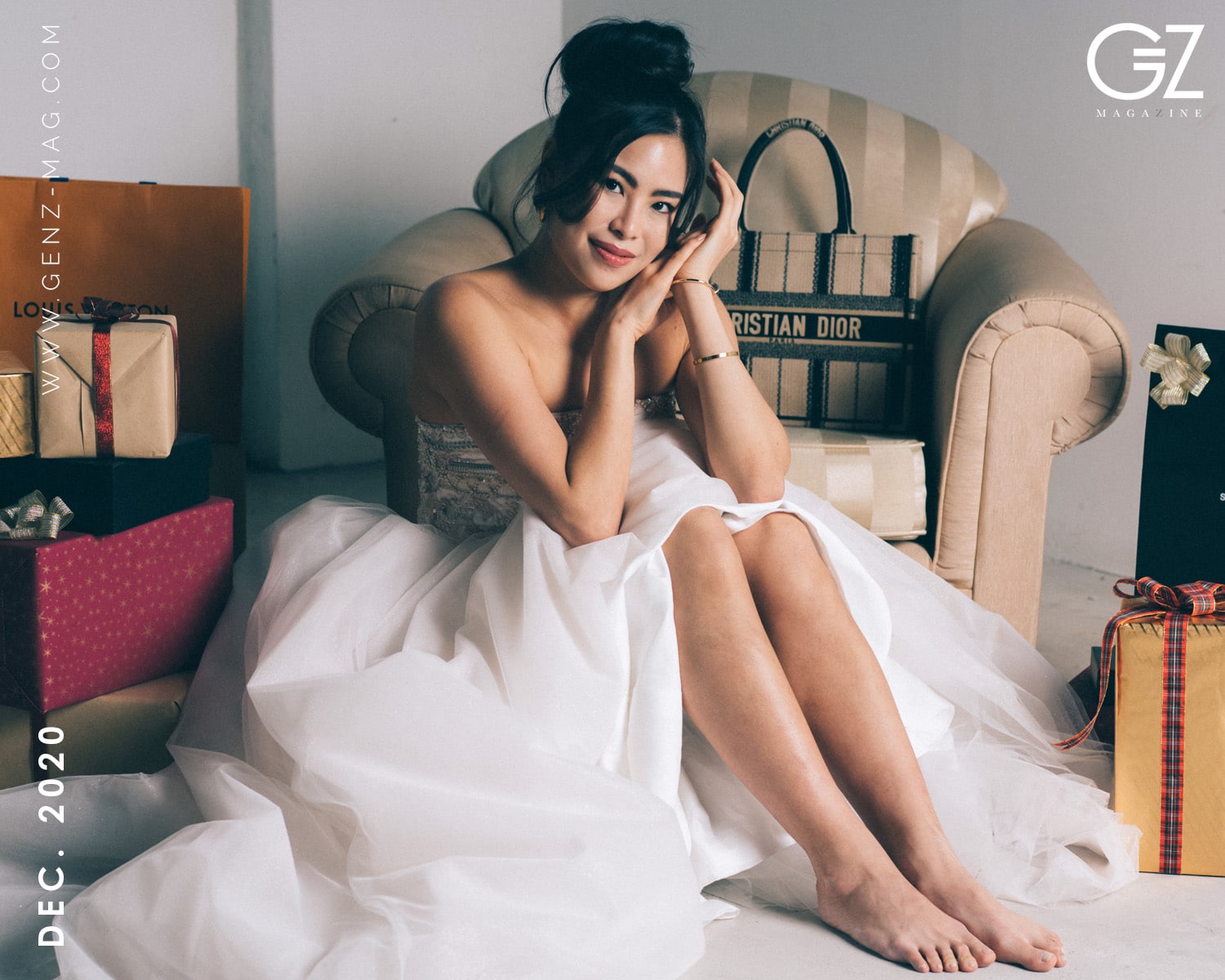
***
Spend a couple of minutes with Anja, and you’ll know that she is not the type of person who asks to be identified as an achiever. A 26-year old who managed to step up on a winner’s podium�� literally and figuratively��yet doesn’t want people to be affected by her story. Her lucid storytelling only comes with the intention of spreading awareness in a nation and society where a lot of things are not talked about.
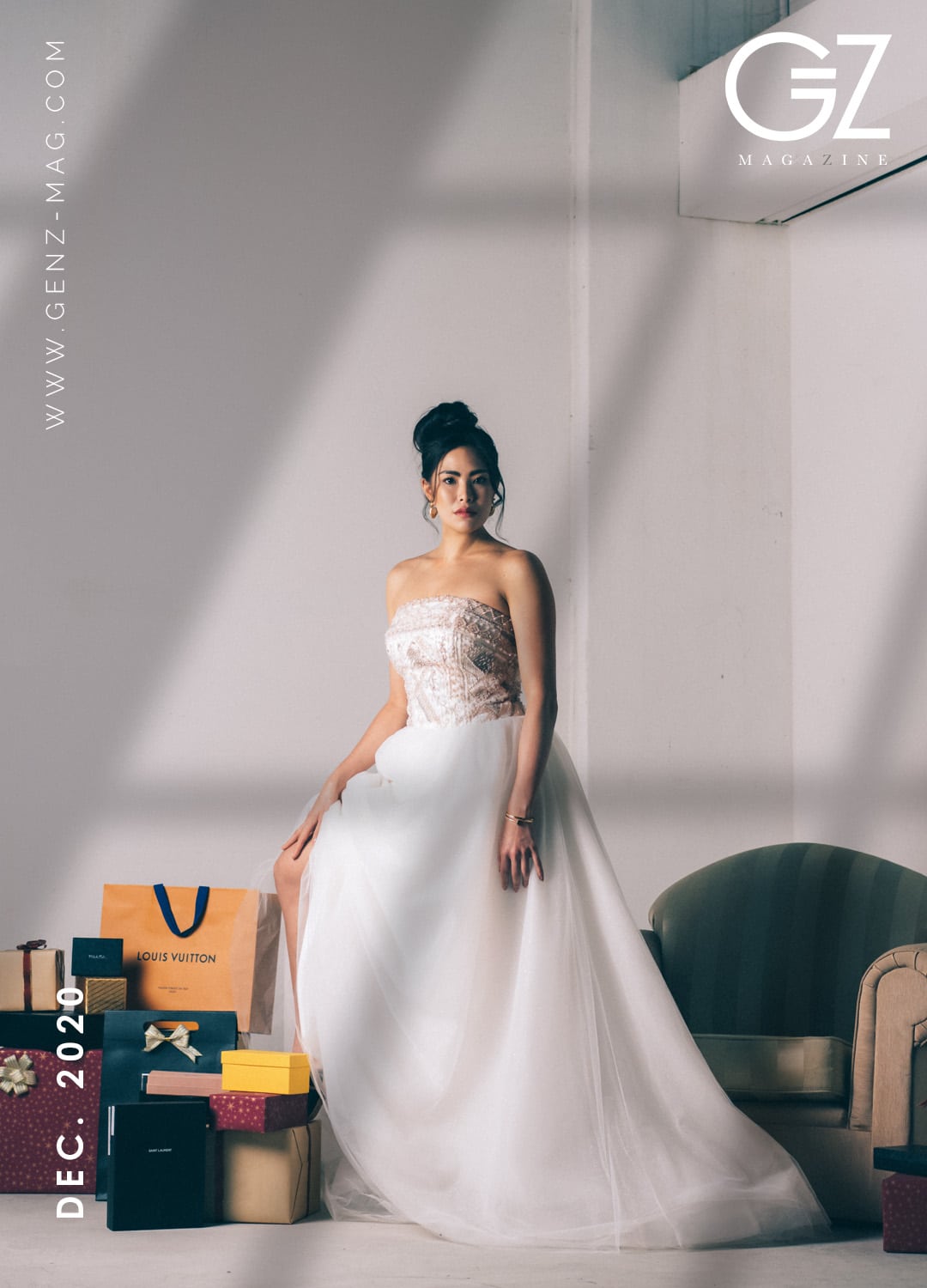
Toward the end of our conversation, I ask her what is the piece of advice she will give to today’s generation.
“Just be kind to others, but most importantly to yourself. I think that’s something a lot of people forget. It’s very easy to spread kindness to other people, but it [should] start from within first; it starts with you first. We always forget to look after ourselves. We should all learn to be kinder and give ourselves a little bit more love.”
